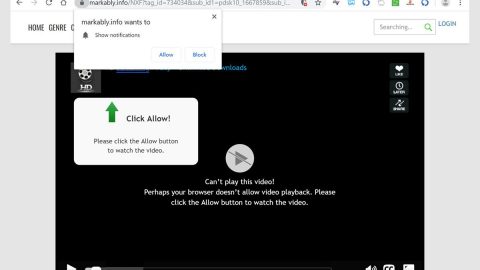You’ve probably realized that October is Breast Cancer Awareness Month. NFL players are wearing pink and breast cancer-related headlines are making news around the world.
But if the U.S. Department of Homeland Security has its way, October will be more than just Breast Cancer Awareness Month: it will be the month millions of Americans learn about viruses, malware, and hackers.
That’s right: the US Department of Homeland Security wants to call October “National Cyber Security Awareness Month”. In the words of the DHS:
“National Cyber Security Awareness Month is designed to engage and educate public and private sector partners through events and initiatives with the goal of raising awareness about cybersecurity and increasing the resiliency of the nation in the event of a cyber incident. October 2014 marks the 11th Annual National Cyber Security Awareness Month sponsored by the Department of Homeland Security in cooperation with the National Cyber Security Alliance and the Multi-State Information Sharing and Analysis Center.”
The DHS has “celebrated” Annual National Cyber Security Awareness Month every October since 2003. The goal of the month is to help spread messages of “cyber awareness” across America and empower ordinary citizens to teach their neighbors about cyber security.
Here’s a breakdown of events, as scheduled by the DHS:

Suggested activities include posting a cyber security blog, using the hashtag #NCSAM on social media, and posting a DHS banner on your organization’s homepage.
In general, most of the people reading this probably already know more than enough about cyber security.
But this month isn’t for people like you and me: it’s for people like the average American who may not know that .mp3 files don’t get spread around the internet in .rar folders, or for people who think Trojans are just a condom brand.
But there are a few useful things to come from this month. One cool thing is the US Computer Emergency Readiness Team, or US-CERT.
US Computer Emergency Readiness Team
The job of US-CERT is to notify American citizens whenever threats are detected. It also allows citizens to report incidents like phishing, malware, or vulnerabilities.
You can visit the US CERT homepage here. On that page, you’ll find an email subscription box where you can submit your email to get occasional security alerts, tips, and updates. CERT will email you whenever a major threat or vulnerability is detected, for example.
How are you celebrating National Cyber Security Awareness Month? Hopefully with lots of cake and computer time.










